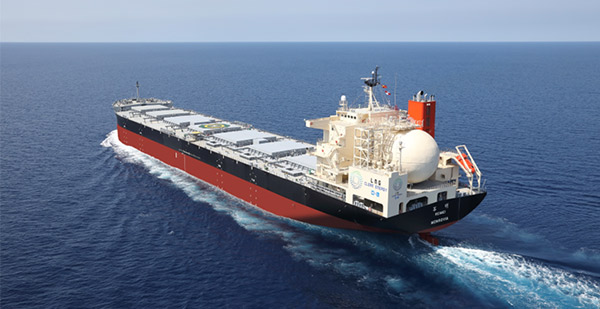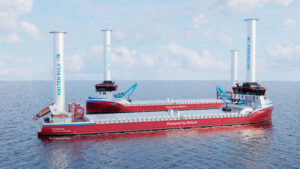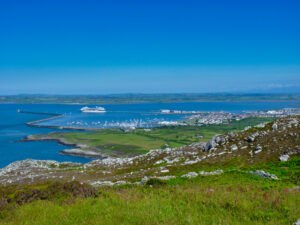
Japan has made a major leap in maritime decarbonization with its Methane Slip Reduction Project, achieving a 98% methane reduction during onboard trials of LNG-fueled vessels. The trials are part of the Green Innovation Fund Project titled Development of Next-Generation Vessels led by the New Energy and Industrial Technology Development Organization (NEDO).
Japanese shipowner Mitsui O.S.K. Lines (MOL), along with Kanadevia and Yanmar Power Solutions, have been working on the project to develop methane slip reduction technology for LNG-fueled vessels.
As part of the project, full-scale demonstration trials began in May 2025 on routes including between Japan and Australia, achieving a methane slip reduction rate of 98%, exceeding the target of 70%.
The project, which runs from fiscal year 2021 through 2026, aims to achieve a methane slip reduction rate of 70% or more for LNG-fueled vessels by combining methane oxidation catalysts with engine improvements.
The three companies began in May 2025 full-scale demonstration trials on routes including between Japan and Australia using the LNG-fueled large coal carrier REIMEI, operated by MOL.
The system achieved a 98% reduction rate at the practical operating range (75% load), surpassing the land-based trial results, MOL said in a statement on Tuesday.
According to MOL, onboard trials will continue through the end of fiscal year 2026 to assess overall system performance and catalyst durability, with the aim of social implementation from fiscal 2027.


